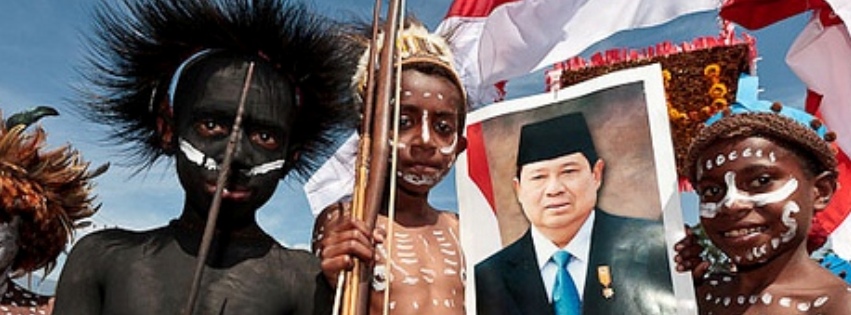
Seminar by Budi Hernawan. In the context of Papua’s peace initiatives of dialogue with Jakarta, the question of pendatang needs to be addressed as a venue for peacebuilding. The term pendatang (non-indigenous Papuans) vis-à-vis the term orang asli Papua (the indigenous Papuans) encapsulates not only the notion of otherness but also the notion of contest. The contest has been construed not only as a binary opposition but also as asymmetric power relations in that the Papuans have been framed as powerless and pendatang as powerful. The framing, however, has overlooked the intricacy of internal dynamics of multi-layered identities of both pendatang and orang asli Papua that have constructed a much more complex power relations. While the existing legal framework of Special Autonomy managed to reserve the top government positions for orang asli Papua, the framework failed to address the broader question of identities of Papuans and pendatang. Learning from the Indonesian experiences of ethnic conflict, the failure of stakeholders to address the question of identities may further deepen the opposition between the two ethnic groups that might create a potential for triggering conflicts in Papua in the long term.
Dr. Budi Hernawan is Research Fellow at Abdurrahman Wahid Centre for Interfaith and Peace at Universitas Indonesia, Lecturer at Paramadina Graduate School of Diplomacy in Jakarta and Research Associate at Franciscans International, an international NGO accredited with the United Nations operating from Geneva and New York. He has done extensive professional and academic research on Papua, Indonesia for many years. One of his recent publications is ‘Torture as a mode of governance: reflections on the phenomenon of torture in Papua, Indonesia’ in Slama, M. and J. Munro, (eds.), From “stone-age” to “real-time”: Exploring Papuan temporalities, mobilities and religiosities, Canberra: ANU Press, 2015.
If you wish to attend please register with Yayah Siegers: [email protected].
Photos: AsiaNews